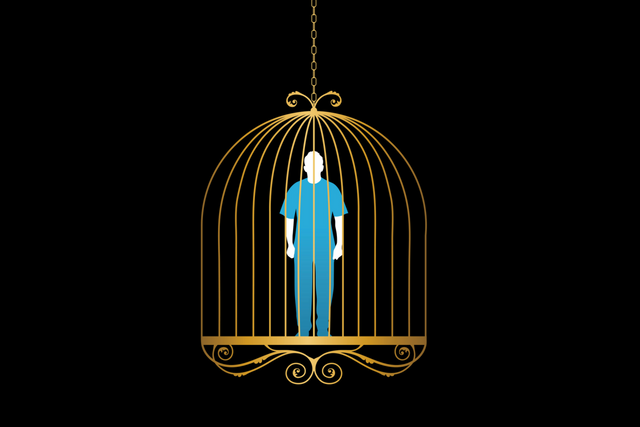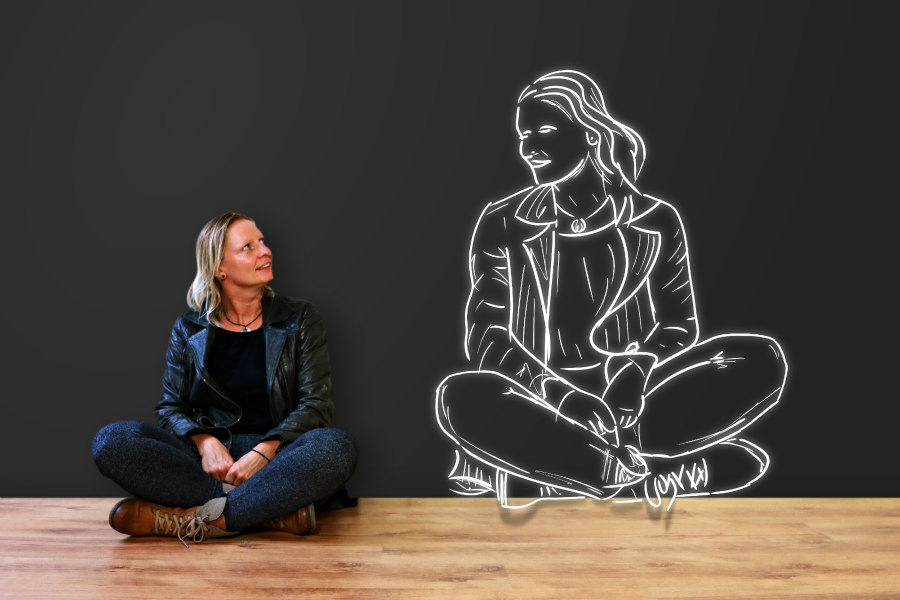Relationships are meant to bring joy, companionship, and growth. But sometimes, they can feel suffocating, leaving you feeling trapped and powerless. If you’re experiencing this, you’re not alone. Many people go through phases in their relationships where they feel stuck, unsure of how to move forward. This article will explore why you might feel trapped in your relationship, what it means, and actionable steps to help you navigate these emotions.
Understanding the Feeling of Being Trapped

Feeling trapped in a relationship doesn’t necessarily mean the relationship is bad or doomed—it’s often a sign that something deeper needs attention. This sensation can stem from unmet needs, lack of communication, or even personal insecurities.
What Does “Feeling Trapped” Mean?
Feeling trapped refers to a sense of emotional or physical confinement within a relationship where you feel unable to express yourself freely or make independent decisions. It can manifest as:
- A lack of autonomy.
- Emotional exhaustion.
- Fear of leaving due to societal or personal pressures.
Common Signs You Feel Stuck in Your Relationship
Here are some indicators that you may be feeling trapped:
| Signs | Description |
|---|---|
| Lack of Communication | Conversations feel forced, superficial, or nonexistent. |
| Loss of Individual Identity | You feel like you’ve lost touch with who you are outside the relationship. |
| Fear of Leaving | You’re scared to leave due to financial dependence, children, or social stigma. |
| Constant Arguments | Disagreements are frequent and unresolved, leading to frustration. |
| Emotional Distance | You feel emotionally disconnected from your partner. |
If any of these resonate with you, it’s crucial to address them before they escalate further.
Why Do You Feel Trapped?
Understanding the root cause of your feelings is the first step toward finding solutions. Let’s break down the reasons into two categories: emotional and practical causes.
Emotional Causes
- Unmet Emotional Needs: If your partner doesn’t meet your emotional needs—like support, love, or validation—you may feel neglected.
- Fear of Loneliness: The fear of being alone can keep you stuck in a relationship that isn’t fulfilling.
- Low Self-Esteem: People with low self-esteem may stay in unhealthy relationships because they believe they don’t deserve better.
- Codependency: Over-reliance on your partner for happiness can make you feel trapped when things go wrong.
Practical Causes
- Financial Dependence: Money issues often force people to stay in relationships they’d rather leave.
- Shared Responsibilities: Having children or shared assets can complicate decisions about leaving.
- Cultural Expectations: Societal norms and family pressures may discourage breaking up.
- Fear of Change: The uncertainty of life after leaving can make staying seem like the safer option.
How to Cope with Feeling Trapped
Coping starts with acknowledging your feelings and taking proactive steps to address them.
Step 1: Self-Reflection and Awareness

Take time to understand your emotions and identify patterns in your relationship:
- Ask yourself questions like:
- What makes me feel trapped?
- Am I happy in this relationship?
- What do I want moving forward?
- Journaling can help clarify your thoughts and feelings.
Step 2: Communication with Your Partner

Open communication is key:
- Share your feelings honestly but calmly.
- Use “I” statements like:
- I feel overwhelmed when…
- I need more space for…
- Avoid blame; focus on solutions together.
When to Seek Help
Sometimes, self-help isn’t enough, and professional intervention is necessary:
- Couples Therapy: A therapist can mediate conversations and help both partners understand each other better.
- Individual Therapy: If the issue stems from personal insecurities or trauma, therapy can provide tools for healing.
- Support Groups: Connecting with others who’ve experienced similar situations can be empowering.
Steps to Reclaim Your Freedom
If you’ve tried everything but still feel trapped, it might be time to take action toward reclaiming your independence.
Step 1: Set Boundaries
Boundaries protect your emotional well-being:
- Define what’s acceptable and unacceptable behavior in your relationship.
- Communicate these boundaries clearly.
Step 2: Rediscover Yourself
Focus on activities that bring you joy outside the relationship:
- Pursue hobbies or interests you’ve neglected.
- Spend time with friends and family who uplift you.
Step 3: Evaluate Your Options
Consider whether staying in the relationship is truly beneficial for both parties:
- Make a pros-and-cons list about staying versus leaving.
- Consult trusted friends or mentors for advice.
Step 4: Take Action
If leaving feels like the best option:
- Plan ahead (financially and logistically).
- Seek legal advice if necessary (especially for shared assets or custody).
FAQs About Feeling Trapped in Relationships
Q1: Is it normal to feel trapped sometimes?
Yes, many people experience moments where they feel stuck due to temporary challenges or misunderstandings.
Q2: Should I leave my relationship if I feel trapped?
Leaving isn’t always the answer; try addressing underlying issues first through communication and reflection.
Q3: How do I know if my feelings are valid?
Your feelings are always valid—they’re an indication that something needs attention.
Final Thoughts
Feeling trapped in a relationship is a complex experience that requires introspection, communication, and sometimes professional help to resolve. Whether it’s due to emotional disconnects or practical concerns like finances or societal pressures, there are ways to navigate this feeling constructively.
Remember that relationships should empower—not confine—you as an individual. By understanding your emotions and taking actionable steps toward change, you can reclaim your sense of freedom while making choices that align with your happiness and well-being.



